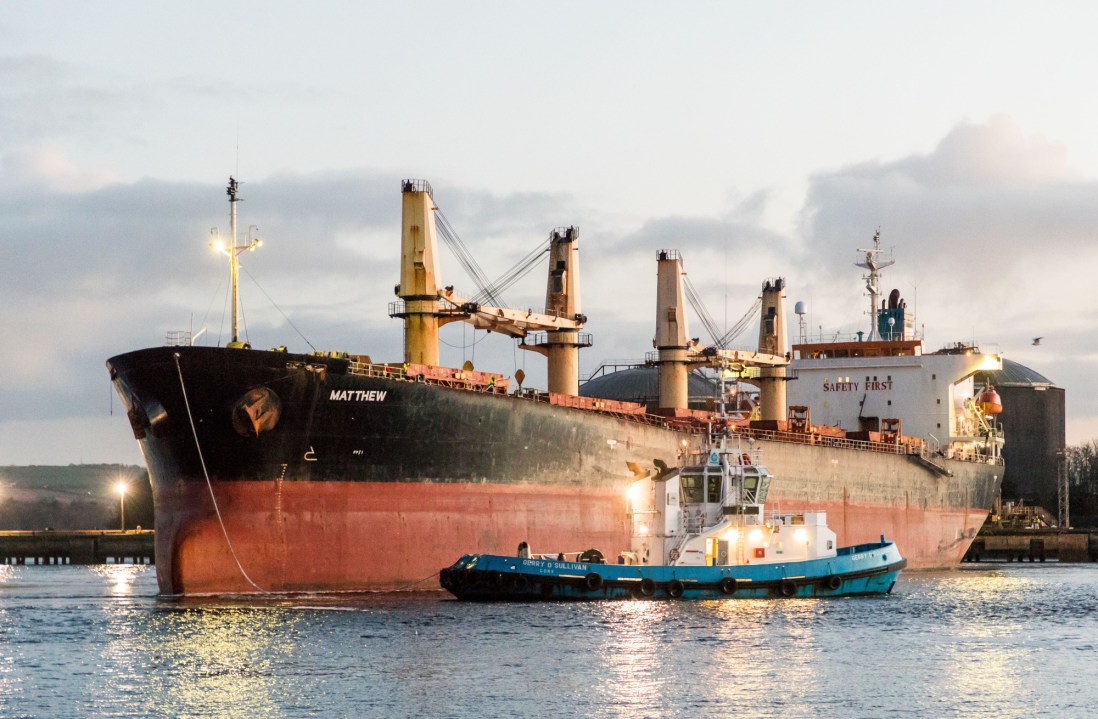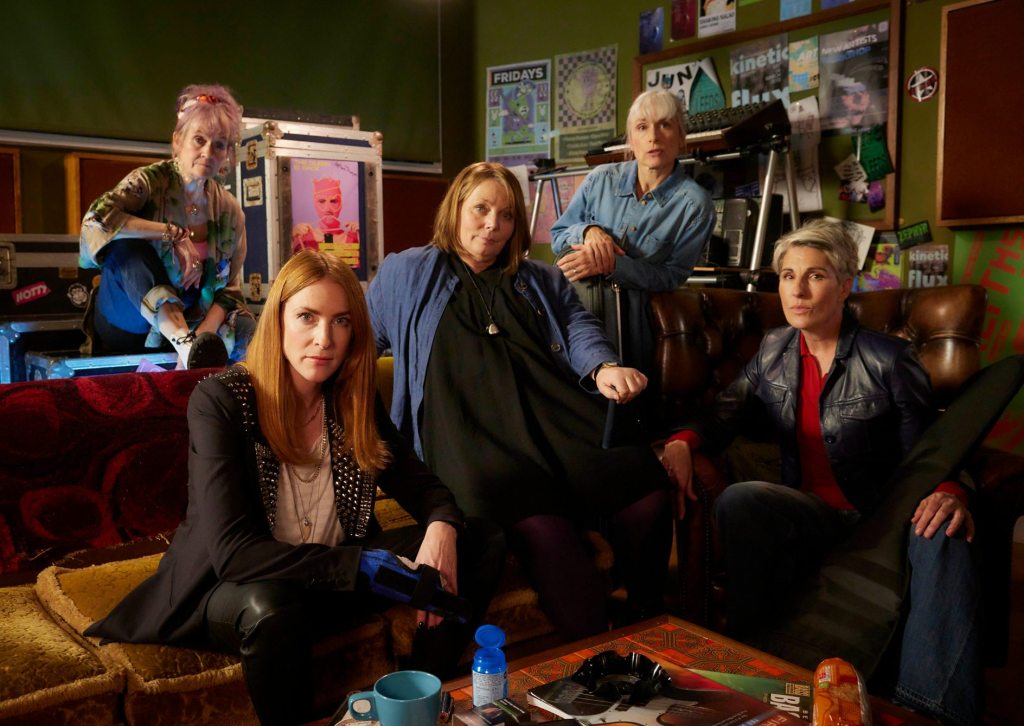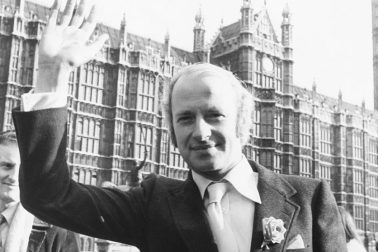In the end, it was a combination of the Irish weather, European maritime intelligence and engine trouble that scuppered a massive Hezbollah-cartel drugs shipment.
The Irish government’s failure to patrol the coastline has made Ireland a safe harbour for the fast-evolving drug trafficking network merging terror and narco finance.
It is a safe bet that this was not the first or the last shipment to use Ireland as a gateway to the lucrative European market
Hezbollah’s involvement in the transnational drugs trade to fund its war against Israel is well documented, with the ports of Antwerp and Rotterdam its main conduit into Europe. But evidence from an Irish court last month revealing ‘a major Iranian nexus’ in a cocaine ship off Ireland’s coast indicates that Hezbollah now sees Ireland’s under patrolled coastline as a ‘point of least resistance’ into the lucrative European market.
One security expert is reported as saying Ireland was being targeted for ‘tonnage loads by Iranian Hezbollah.’
In September 2023, a Panamanian registered cargo ship, MV Matthew, set sail from Venezuela heading for Irish waters. It had 2.2 tonnes of pure cocaine on board, funded by an alliance of Hezbollah, the Dubai-based Irish Kinahan crime gang and a South American cartel. The ship was to rendezvous at sea with a fishing trawler, the Castlemore, which would drop the drugs ashore at isolated coves for onward transport to the UK and Europe.
Unknown to the Iranian captain, Soheil Jelveh, the European Maritime Analysis and Operations Centre (MAOC), was tracking the ship across the Atlantic and tipped off the Irish authorities. But with just one large vessel to actively patrol a coastline ten times the size of Ireland’s land mass and depleted navy personnel, monitoring and intercepting both ships was always going to be challenging. So many things could have gone wrong.
Luckily, the Irish weather lent a hand. A raging storm hit Ireland the day the Castlemore was due to rendezvous with MV Matthew anchored 13 nautical miles off the east coast. After two failed attempts in storm force winds and swelling seas, the Castlemore ran aground. Its crew put in a distress call to the Irish coastguard, setting a train of action in motion.
The eventual capture of the Matthew was like a scene from an action movie. Over the course of two days the ship played a game of cat and mouse with the Navy ship, LE William Butler Yeats, engaging in evasive manoeuvres in lashing winds and swelling seas. The Iranian captain, Soheil Jelveh refused to comply with orders from the Yeats, saying the ship had developed engine trouble. In reality, he was receiving orders from a Dubai-based individual, ‘Captain Noah,’ a shadowy figure linked to Hezbollah, to change course and head for Sierra Leone. The Matthew was successfully captured after Army Rangers were lowered onto the deck from a rope suspended by a helicopter hovering overhead and the ship was stormed.
The 2.2 tonnes of pure cocaine was valued at £136 million, rising to £650 million when cut, making it the largest drugs seizure in the history of the state. Jelveh, Iranian crewman, Saeid Hassani, and six other crewmen were jailed for a total of 129 years at the non-jury Special Criminal Court last month. It was a stunning success for the defence forces, thanks to the skill and bravery of the individual members involved. But it could have gone badly wrong.
Just two of eight Irish navy vessels are currently in operation; the rest are tied up at Cork harbour because of insufficient personal. A former officer in the Army Ranger Wing, Cathal Berry, has said:
‘By not resourcing our Navy we have handed the keys of the country over to the drugs cartels to do with us as they wish. It is painful to see €250 million of naval vessels tied up at Cork Harbour unable to be put at sea due to a lack of crew.’
Irish and international law agencies are now examining the ship’s telecommunication equipment to access the extent of the Iranian-Hezbollah involvement. There is little doubt Hezbollah is trying to increase its drug activity because it is under financial pressure. As one international law enforcement official put it: ‘When you are getting hit the way Hezbollah is getting hit right now by the Israelis, the only way you can make money exponentially fast is with drugs.’
It is extremely unlikely that the Hezbollah-cartel alliance would have risked such a massive investment on the first run. It is a safe bet that Matthew was not the first or the last shipment to use Ireland as a gateway to the lucrative European market.
Former head of MAOC, Michael O’Sullivan, said: ‘The Irish Navy is very strapped and that has not gone unnoticed. We cover an area almost ten times the size of Ireland. And time is of the essence. If you find where a vessel has left and you’re trying to track where it is, it’s not gonna stay in one place, it’s not going to go in the one direction… You have got to get somebody out there to get a sighting of it. If you don’t find it, it’s gone.’
The implication is clear: Ireland is not just a strategic waypoint, but an exposed hub in a fast-evolving trafficking network merging terror and narco finance for which the depleted Irish Navy is ill equipped to deal with.








Comments